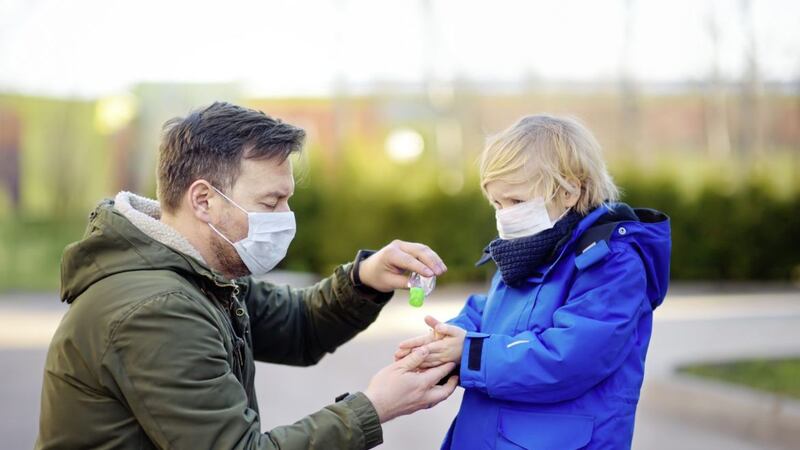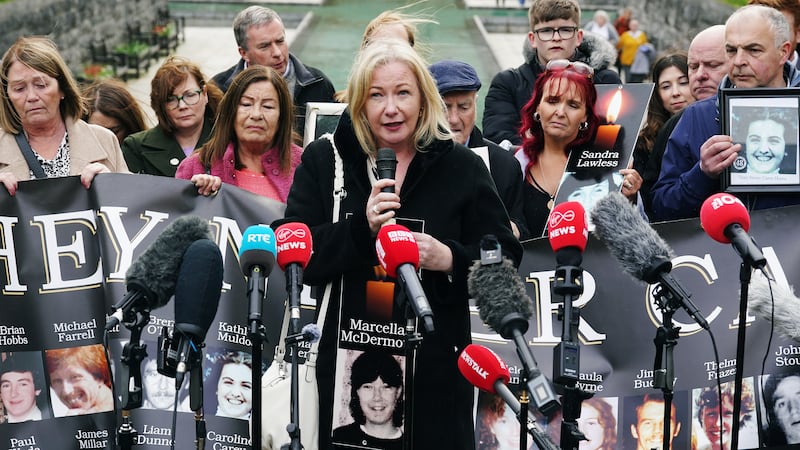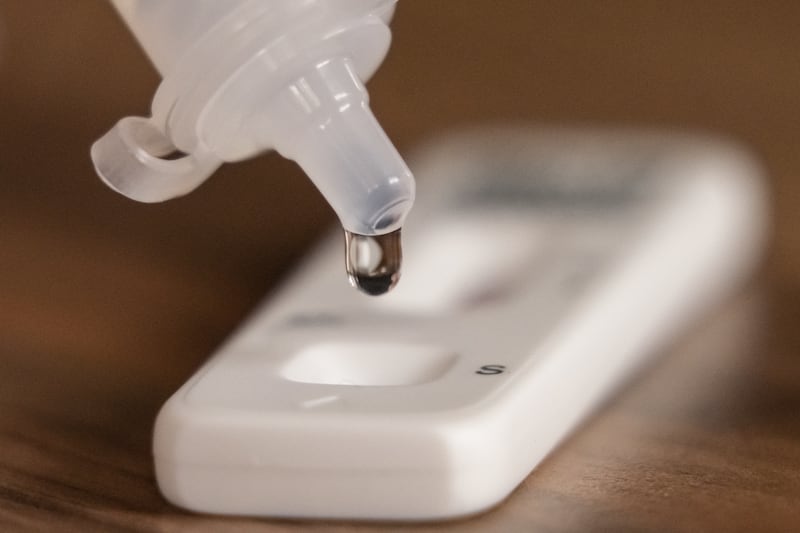The number of daily Covid-19 cases across the Republic of Ireland could soar to 1,000 in a month if the current progress of the virus remains unchanged, it has been claimed.
Liz Canavan, of the Department of the Taoiseach, said the profile of the disease in Dublin is at an "extremely critical juncture".
She warned up to 60% of these daily cases could be in Dublin.
Dublin is facing stricter health measures including a ban on indoor social gatherings and a requirement for pubs and restaurants to only serve food outdoors, while travel in and out of the county has been limited to work, education and essential purposes.
Ms Canavan said the measures in level three of the Covid-19 five-tier response plan are targeted specifically at reducing the level of social contacts and congregation.
She told a Covid-19 briefing: "If the current progress of the virus remains unchanged, based on the modelling available to us, we believe there will be between 500 and 1,000 cases per day in a month's time, 50% to 60% of which will be in Dublin.
Read more: Taoiseach warns other counties could face same restrictions as Dublin
"The government took the decision to place the entire county of Dublin on level three of the framework.
"This action was based on a review of the public health advice and in response to deteriorating situation of the virus in Dublin.
"The decision has been taken to protect our priorities, we must protect the most vulnerable, resume non-Covid health and social care and maintain educational activities.
"These choices are incredibly difficult to make but the situation is such that we have to be decisive."
The restrictions in Dublin will be in place until October 9.
It will then be reviewed by government based on the state of the virus.
Ms Canavan urged the public to co-operate with public health measures.
She said: "As a nation, we are weary. There is no point saying otherwise.
"For many people the last six months have been a real challenge to mental health and their personal resilience.
"It is clear that the virus figures are increasing rapidly across the country.
"Of particular concern is the fact community transmission is on the increase.
"That means the source of the infection is not clear, that people are picking up the virus as they go about their daily lives, meeting socially, interacting in their communities and in their workplaces and they are bringing it home where it then spreads within and between households.
"When levels of community transmission are high, any gathering can become an event which causes wider infection."
Ms Canavan added: "We need co-operation and solidarity across all aspects of society.
"We have built a system that we know from experience can help us contain the virus to rapid identification of cases and dedicated contact tracing as well as decisive response to threats of clusters and outbreaks."
She said the HSE is finalising its plan for services during Covid-19 and the winter.
The plan includes increasing acute and community bed capacity, supporting moves from acute to community settings as well as GP access to diagnostic and alternative acute care pathways.
Read more: Social contacts should be cut by half, says public health expert







